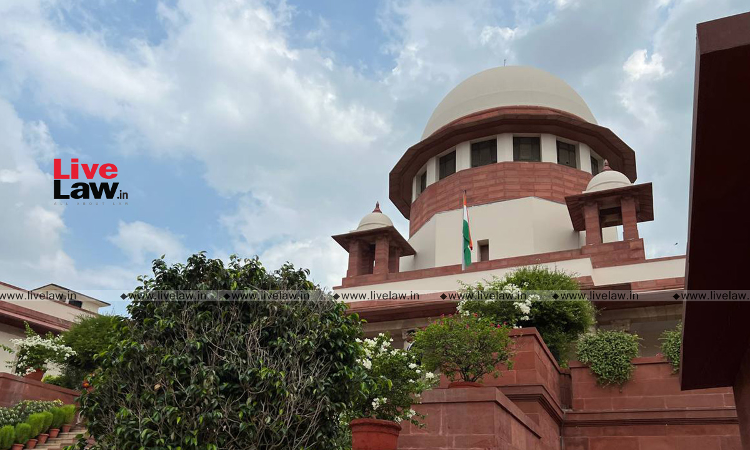Suit Is Liable To Be Dismissed If A "Necessary Party" Is Not Impleaded : Supreme Court
Ashok KM
28 Sept 2022 11:50 AM IST

Next Story
28 Sept 2022 11:50 AM IST
The Supreme Court observed that a suit is liable to be dismissed if a "necessary party" is not impleaded.For being a necessary party, according to the court, the twin test has to be satisfied (1) there must be a right to some relief against such party in respect of the controversies involved in the proceedings (2) that no effective decree can be passed in the absence of such a party.Order I...
